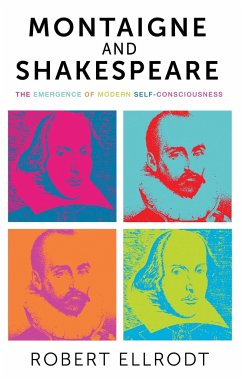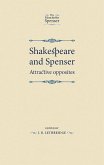This book is not merely a study of Shakespeare's debt to Montaigne. It traces the evolution of self-consciousness in literary, philosophical and religious writings from antiquity to the Renaissance and demonstrates that its early modern forms first appeared in the Essays and in Shakespearean drama. The book points out an anticipation of the dissolution of the self in some modern authors. However, contrary to postmodern assumptions, this early calling into question of the self did not lead to a negation of identity. Montaigne acknowledged the fairly stable nature of his personality and Shakespeare, as Dryden noted, maintained 'the constant conformity of each character to itself from its very first setting out in the Play quite to the End', which proves true even when an evolution is perceptible as in Hamlet, Macbeth and Lear. The historical development of subjectivity is also traced in the apprehension of time, culminating in the Essays and in the Sonnets. The presence of the new currents of sceptical thought in Montaigne's Essays and in the 'problem plays' of Shakespeare, emphasised in recent studies, is acknowledged, but tempered by their constant adherence to permanent humanistic values: truth, friendship, tolerance for 'the other', sympathy for men of low birth and the destitute, an aversion for all 'inhumanity' and an interest in 'essence' and 'transcendence'. This illuminating volume will appeal to all students of literature, and any reader with an interest in the evolution of modes of thought.
Hinweis: Dieser Artikel kann nur an eine deutsche Lieferadresse ausgeliefert werden.
Hinweis: Dieser Artikel kann nur an eine deutsche Lieferadresse ausgeliefert werden.








